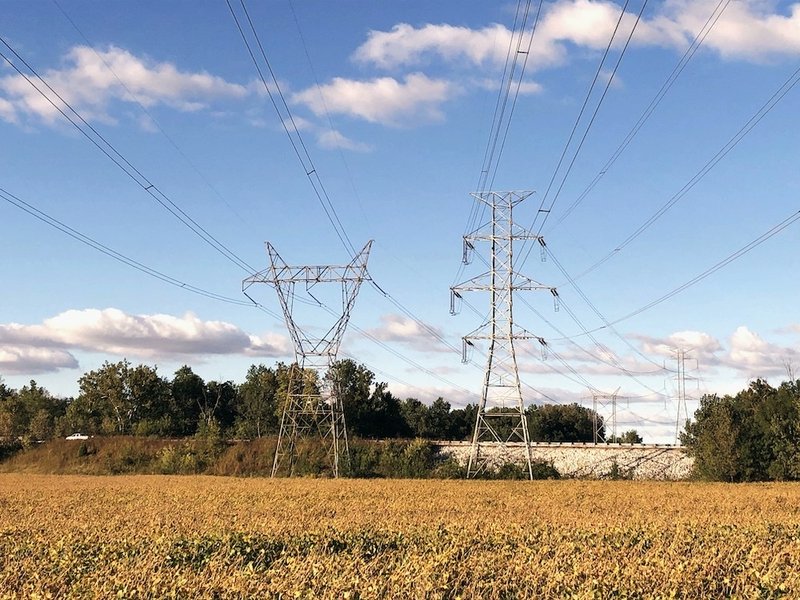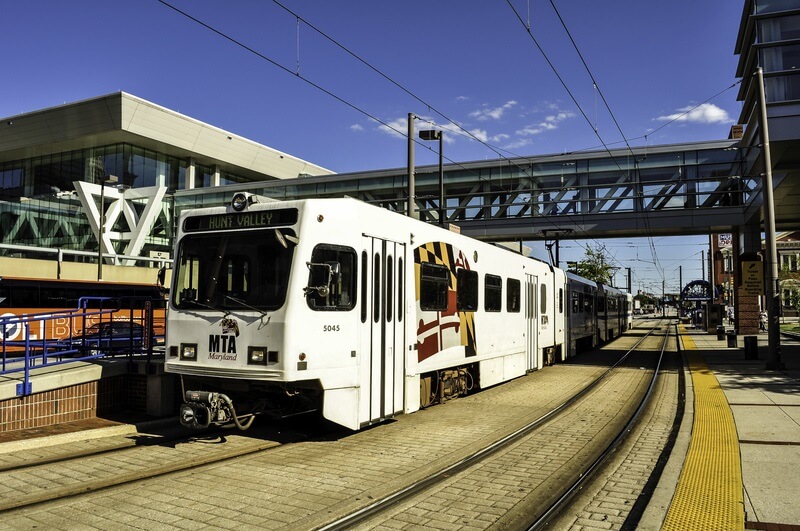Commentary: Marylanders need protection from deceptive practices and excessive prices

By Paula Carmody
The writer is the former People’s Counsel for the State of Maryland.
On March 8, the state Senate passed Senate Bill 1, a consumer protection bill meant to benefit Maryland households using electric and gas services. Sen. Malcolm Augustine (D-Prince George’s) sponsored the legislation, and Economic Matters Committee Vice Chair Brian Crosby (D-St. Mary’s) sponsored the cross-filed House Bill 267. The House Economic Matters Committee will hold a hearing on SB 1 on Tuesday.
I am a former Office of People’s Counsel attorney and People’s Counsel (retired), with almost 30 years of regulatory experience in the energy field. I was there during the 1999 legislative session when the electric retail competition law was passed.
Maryland lawmakers were told again and again that competitive energy supply markets would deliver economic benefits to ALL customers, including residential customers. In fact, the delivery of economic benefits is in the purpose section of the 1999 law.
And what does “economic benefits” mean? I think most people will tell you that it means lower prices for a product or service. However, the data and my experience tell a different story for residential consumers.
Residential consumers have not received those economic benefits in the form of lower electric and gas supply prices from suppliers. The Wall Street Journal conducted an extensive multi-state analysis, including Maryland, of 10 years of residential rates paid to retail electricity suppliers and determined that the residential customer group substantially overpaid for their supply.
Retail supplier price data compiled by the U.S. Energy Information Administration confirms the total cost overpayments by Maryland residential consumers. A more recent exhaustive analysis from the Energy Institute of residential supplier rates paid by BGE residential customers established that these customers significantly overpaid for supply compared to regulated utility supply rates (using both mean and median analyses).
This analysis also confirmed what consumer advocates already knew from seeing individual utility bills — that households in low-income communities overpaid even more than non-low-income households. The study also linked supplier reliance on door to door marketing and phone solicitations to the higher bills paid by low-income households. This is egregious.
SB 1 has received strong support in the Senate for good reason — Maryland households need protection from deceptive practices and excessive prices charged by energy suppliers. Lobbyists and media teams for the supplier industry continue to claim that Maryland households pay less to energy suppliers, despite the data, and that the deceptive practices are carried out by a “few bad actors.”
Their proposals — consumer education, more consumer attention to how the energy markets work, and more enforcement of existing consumer laws — only put the responsibility on consumers and agency enforcement. They ignore the facts of deceptive practices and consistently higher supplier prices.
SB 1 proposes several enhancements to the consumer protection and regulatory rules for retail energy suppliers in Maryland. These proposals are a direct response to the major problems of excessive prices and deceptive practices. The original version of SB 1 does the following:
- Puts guardrails on supplier rates, by limiting the rate relative to the regulated utility supply rate, and prohibiting variable rates and automatic contract renewals
- Prohibits a purchase of receivables program, where the utility purchases the receivables of a retail supplier at a discount rate
- Creates customer safeguards, including allowing customers to “freeze” their accounts, and prevent slamming
- Enhances the Public Service Commission licensing requirement for retail suppliers
- Requires monthly data reporting to the PSC
After the initial hearing before the Senate Finance Committee, Senate Bill 1 was amended to address some concerns raised by stakeholders while retaining the bill’s strong consumer protections. Importantly, the bill’s consumer protections are explicitly limited to residential customers, and the rate restrictions no longer apply to “green power” supply offers.
Green power offers will be subject to separate disclosures and limits, and to PSC approval. This latter change was made to address concerns about unintended impacts on green power purchases.
Retail energy suppliers have had 23 years to show Maryland households that they are providing economic benefits to them. This has not happened. It is time for Maryland to protect our households and communities from deceptive practices and excessive prices.




 Creative Commons Attribution
Creative Commons Attribution